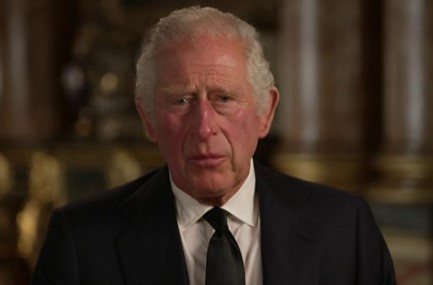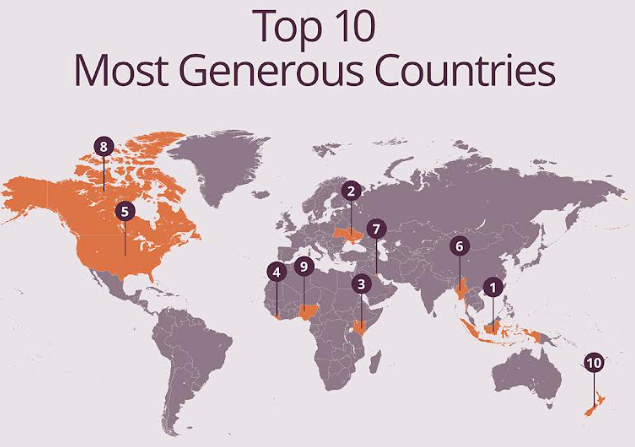Almost three quarters of charities that deliver public service contracts say they cannot meet current demand with the funding they currently receive from government, an NCVO survey has revealed.
The charity sector body says “the options are bleak” for charities, which either face closure, halting their public service delivery work or to use their own funds to subsidise public services.
“While underfunding is not a new problem, the impact of continued high inflation has put charities delivering public service contracts at crisis point,” said the NCVO’s policy and insight manager Sam Mercadante.
She points out that charities deliver £16.8bn worth of public services a year in areas including tackling homelessness and supporting survivors of abuse, meaning “there are millions of people at risk of not having their needs met if support isn’t given”.
“No one else could do this better,” she said.
“Charities are best placed to deliver services in partnership with the public sector, bringing specialist knowledge and strong relationships with the communities they support.”
The survey also found that two in five charities say government funding does not cover the “true cost of delivering” support. A similar proportion say that this funding has not covered their costs since at least 2020.
Despite a rise in inflation over the last two years, since April 2021 less than one in five charities have received uplifts or all or most of their government funding, according to the NCVO’s survey.
Almost half have received no uplift and almost two in five had seen a minority of their grants and contracts uplifted.
However, this increase was just 2.7% on average across government funding between 2022 and 2023, considerably lower than the annual consumer price index inflation rate in April 2023 of 8.7%.
“If an organisation received anything less than an 8.7% uplift to their grants/contracts from 2022 to 2023, this was a real-term annual cut to their funding,” said Mercadante.
“Simply put, charities are being asked to meet today’s levels of need, with 2023 cost overheads, based on contracts and income priced many years ago.”
The NCVO is calling on the government to increase long term funding to all public bodies grants and contracts to meet charities’ true costs. This should be used to uplift all existing and new grants and contracts to fully cover the costs of delivery.
The Cabinet Office needs to be responsible for work to “establish better oversight and awareness of the state of public services”.
There also needs to be more strategic thinking around government funding so they “take a wider and more holistice view of what constitutes financial distress for providers”.
“This would allow commissioners to take action before providers are forced to step away from public service delivery,” said Mercadante.
In addition, government needs to “work in true partnership with voluntary organisations, increasing both collaboration and innovation in service of communities, and encourage all public bodies to do the same”.
Last month charity sector coalition the Civil Society Group, whose members include NCVO and the Charity Finance Group, wrote to Chancellor Jeremy Hunt to bring in measures to tackle underfunding in public service delivery contracting and government grant making.
Measures being called for by the group include streamlining and reviewing charity taxation, such as reintroducing VAT relief for installing energy saving measures.
Latest News
-
Civil Society Covenant blighted by delays and U-turns, report warns
-
More than 30 jobs at risk as hospice charity looks to close home care service
-
Cranfield Trust: A guide for charity leaders on navigating local authority devolution
-
Friday funding roundup - 20 February
-
Former youth charity chief to lead corporate social responsibility organisation
-
Christian charity’s failed bid to buy a new church breached fundraising code
Charity Times video Q&A: In conversation with Hilda Hayo, CEO of Dementia UK
Charity Times editor, Lauren Weymouth, is joined by Dementia UK CEO, Hilda Hayo to discuss why the charity receives such high workplace satisfaction results, what a positive working culture looks like and the importance of lived experience among staff. The pair talk about challenges facing the charity, the impact felt by the pandemic and how it's striving to overcome obstacles and continue to be a highly impactful organisation for anybody affected by dementia.
Charity Times Awards 2023
Mitigating risk and reducing claims

The cost-of-living crisis is impacting charities in a number of ways, including the risks they take. Endsleigh Insurance’s* senior risk management consultant Scott Crichton joins Charity Times to discuss the ramifications of prioritising certain types of risk over others, the financial implications risk can have if not managed properly, and tips for charities to help manage those risks.
* Coming soon… Howden, the new name for Endsleigh.
* Coming soon… Howden, the new name for Endsleigh.
Better Society

© 2021 Perspective Publishing Privacy & Cookies














Recent Stories